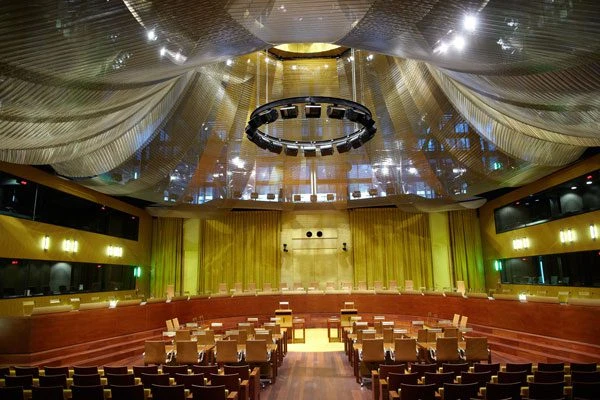Stanleybet loses Italian lottery challenge

Stanleybet has lost its challenge to Italy’s lottery monopoly after the European Court of Justice (CJEU) ruled the country’s Customs & Monopolies Agency’s (ADM) model of issuing a single concession for the vertical was legal.
Europe’s highest court ruled that the process by which the Lottoitalia joint venture – comprising outgoing incumbent Lottomatica and three other companies – was awarded a nine-year exclusive licence to run the Lotto in 2016 did not break European Union (EU) law.
Stanleybet International and Stanleybet Malta had brought a claim in 2016 against the ADM’s tender process as well as the legality of the exclusive licence itself.
The CJEU ruled that an exclusive concessionaire model for the management of Lotto, which comprises digital lottery and other fixed-odds numerical games, is in line with EU law, with no harmonised approach to gambling regulation across its jurisdiction.
Stanleybet alleged that the ADM’s strict application requirements had effectively been “tailor-made” to ensure the Lottomatica consortium was successful. However, the CJEU further confirmed that a high basic contract value for such a concession is acceptable and stated that severe conditions to access the market can be imposed.
The nine-year licence was awarded to Lottoitalia in 2016 just two days after the bidding process began. The joint venture scored 99.30 points out of a possible 100 on the ADM’s criteria, which included the requirement for basic contract value bids of at least €700m.
An initial challenge brought by Stanleybet International and Stanleybet Malta in 2016 was dismissed by the Regional Administrative Court of Lazio. The civil court rejected Stanleybet’s claim that only Lottomatica could possibly meet the application requirements, finding that 15 operators in the sector fulfilled the criteria.
The case was then referred to the CJEU by the Council of State, which regulates public administration in Italy, with the court asked to consider three specific questions about the licence and tender process.
These concerned the legality of an exclusive licence when there is an open market for other forms of gambling, and the requirement terms for applicants. Finally, the court was also asked whether it was permissible that a tendering process could effectively require an operator to abandon other areas of business despite them being legal.
The CJEU ruled that it was legal for a regulator to choose its own licensing model as long as it was “consistent” with stated objectives, such as a commitment to limit problem gambling.
In terms of the requirement terms, the CJEU said the rights holder could set its own terms “provided that that value is formulated in a clear, precise and unambiguous manner and that it is objectively justified, which is for the national court to determine.”
On the third question, the court found that the model contract “does not appear to go beyond what is necessary to achieve the objective pursued, namely the fight against crime, which is, nevertheless, for the national court to determine.”
Arjan van ‘t Veer, secretary general of the European Lotteries and Toto Association (EL), said: “The CJEU has clearly recognised that an exclusive concessionaire model, as chosen by the Italian legislator, is legitimate in order to promote responsible management of the lottery.
“The judgment points to the particularities of our sector where restrictions can be put in place in the general interest and which must be kept free from companies that have been referred to a criminal court. EL welcomes the confirmation in this ruling.”
Stanleybet was asked to comment on the ruling but failed to respond at the time of publication.
